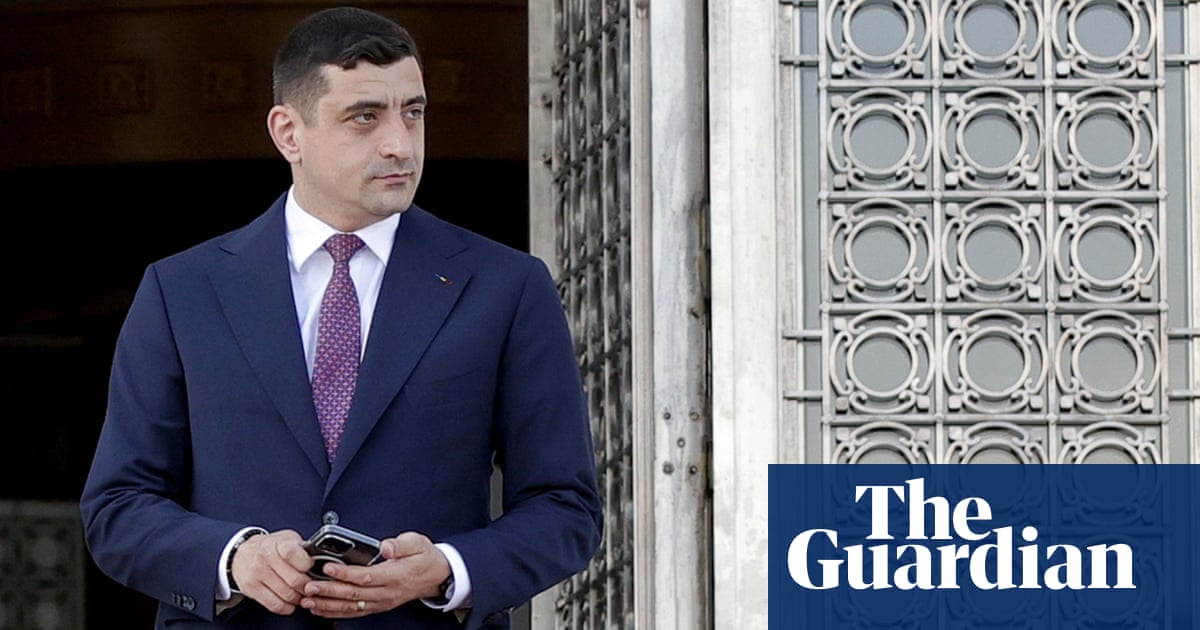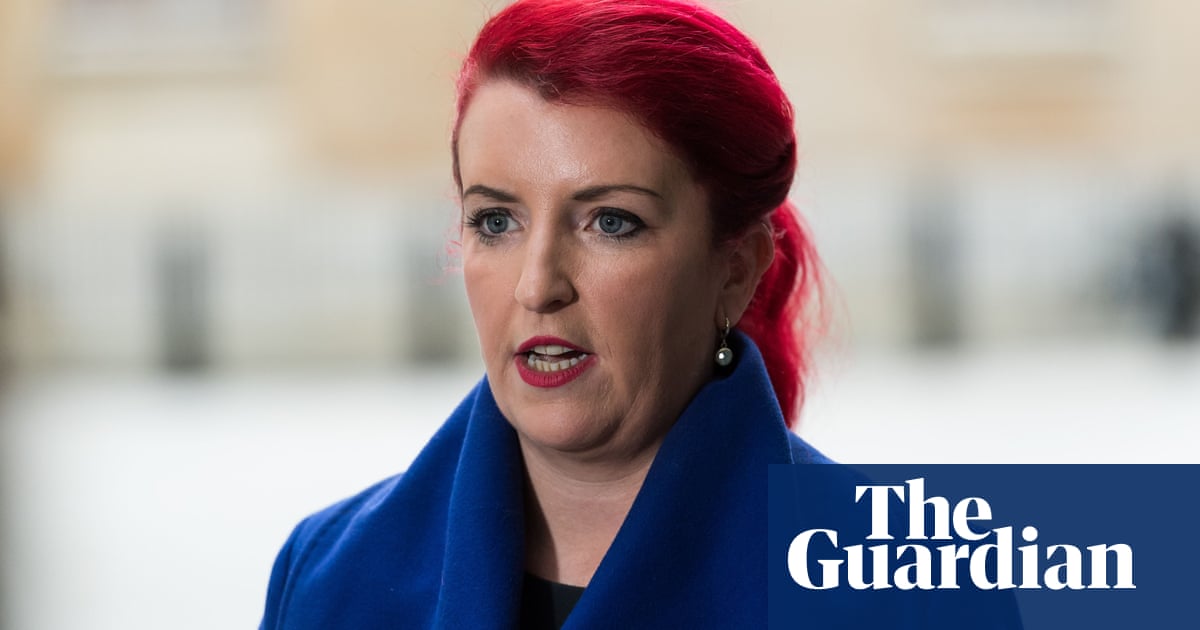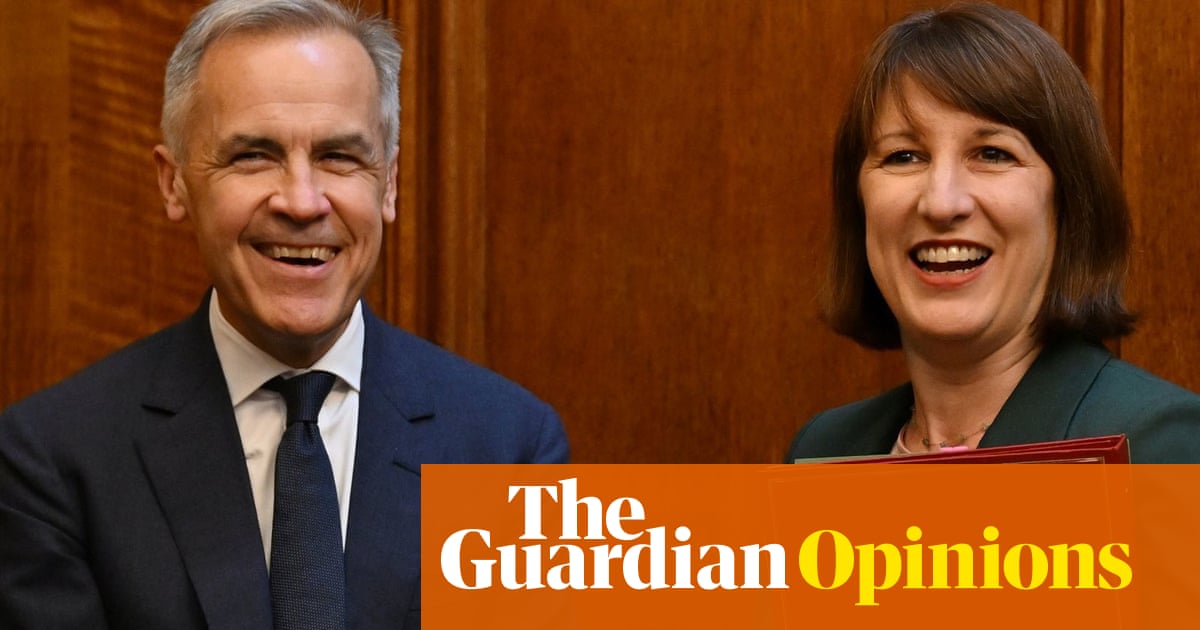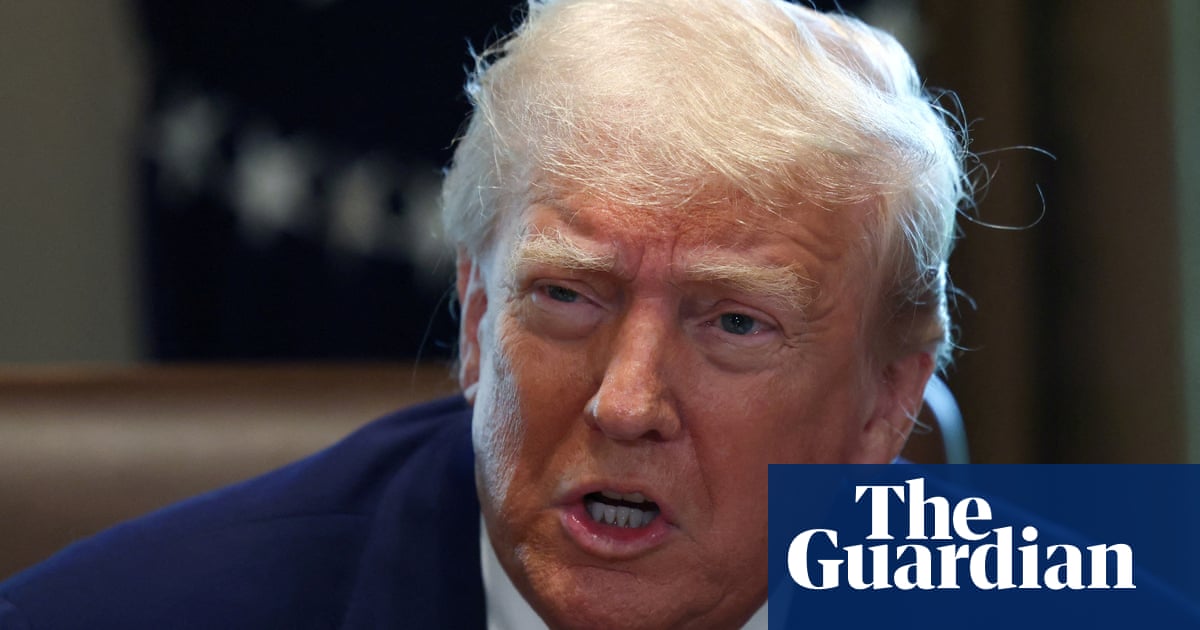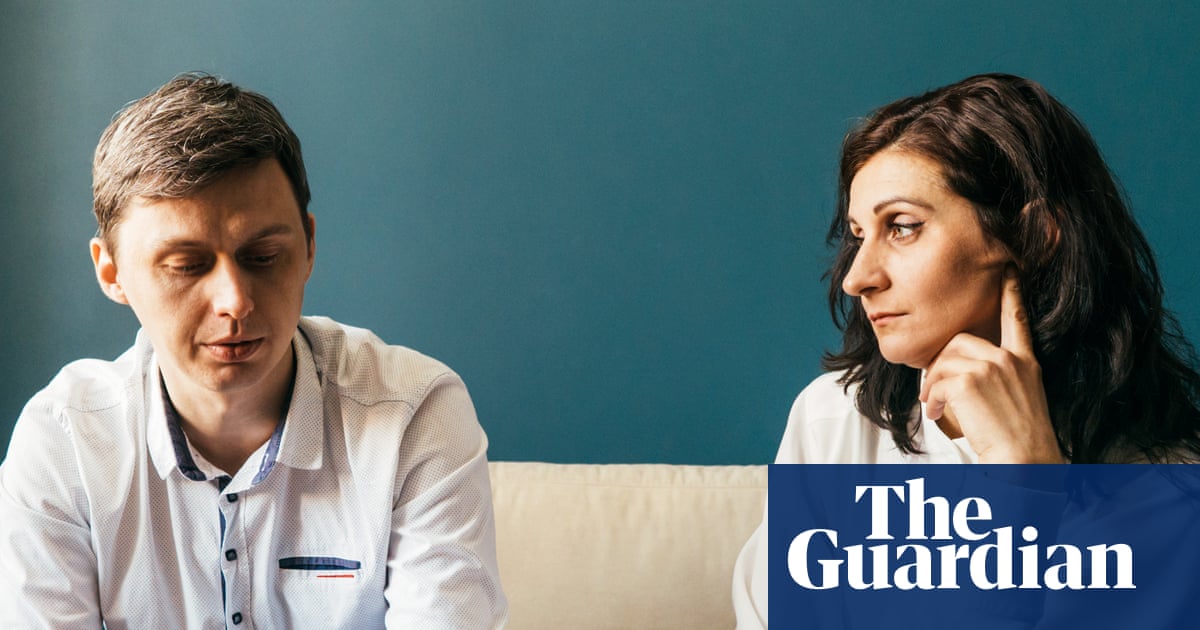To be a transgender person in the UK over the past two weeks has been to wake up daily to discussions on how your life must be made smaller. The supreme court ruled on 16 April that references to a person’s sex in the Equality Act 2010 should be interpreted as referring only to “biological sex”. Since then, we have learned through a drip-drip of interviews and late-night website updates what the practical impacts of this verdict are likely to be.
The equalities minister, Bridget Phillipson, was one of the first to speak for the government, telling parliament that Labour would “offer trans people the dignity that too often they were denied” under previous administrations. A head-spinning claim, given that she had warmed up by telling Good Morning Britain a transgender woman in a pub with a full bladder should use the men’s loo.
Even that suggestion was made to look generous by the publication of a new “interim update” from the Equality and Human Rights Commission – a statutory body responsible for the promotion and enforcement of equalities law – late on a Friday evening, the night before the pope’s funeral. A cynic might wonder about the timing – it would certainly have been a convenient moment to release information you preferred not to receive intense media scrutiny.
The text echoed Phillipson’s position that transgender women should not use facilities for women, nor transgender men those designated for men. But then it went further, asserting that “in some circumstances” both groups might also lawfully be excluded from facilities intended for their own “biological sex”. No detail was provided on what those circumstances might be.
Transgender people banned from both the gents and the ladies, then, at that pub they imagined on GMB? A subsequent line did add that “trans people should not be put in a position where there are no facilities for them to use”, though again readers were left to guess at how this would be avoided.
Is this what “dignity” means in 2025? To be placed in a position where you are made to feel so uncomfortable entering any toilet in a particular building that you instead awkwardly ask a colleague if he wouldn’t mind popping into his to grab you some tissue to deal with a runny nose due to hay fever? Or was this the “clarity” the prime minister, Keir Starmer, had been so delighted to receive?
Even as I write this I feel a rising instinct to temper myself, to apologise for exasperation and police my tone. Anger is not a natural home for me. As I wrote when I came out publicly as transgender in the Guardian, and as listeners to any of the podcasts I appear on already know, I’m a laugher, not a fighter. I’d much sooner be seeking our common ground.
I can vividly remember the terror I felt writing that piece, fearing it might spell the end of my career. Clearly, it did not. I am still a sportswriter, and broadcaster, and much else besides. It has been my experience – even travelling across four continents at different times since my transition – that an overwhelming majority of people will take you as you are, not as any government imagines you to be.
In the language of the angriest online campaigners, transgender people only ever “barge into” spaces intended for the opposite sex. Yet several of the most enduring friendships I have made since my transition have grown from explicit invitations – one to help form a podcast about women’s experiences playing board games in hobby spaces, and another to join an improv class for women and non-binary people.
“Invited” might not even be a strong enough word for the latter instance. “Collared by the organiser and informed I was signing up after coming to watch a friend perform”, would be another way of describing it. I hope they know how grateful I am for all the mirth we have shared since.
Lucky for me that these groups contain fewer than 25 people. Another astonishing line in the EHRC’s interim update suggested that any association for women or men reaching that number should not admit transgender women or men respectively.
The disconnect between the reality of our lives and the way we are discussed by policymakers feels profound. One of the most pernicious lies I see thrown around by bad-faith actors in this exhausting and never-ending “debate” is that transgender women do not understand how women who are not trans are obliged to make constant risk assessments to protect their personal safety.
How silly of me to imagine I ought to do the same. Why did I not just cut in and announce my transgender status to the cab driver who, hearing me say I was tired on the way back from covering the Super Bowl for this newspaper, suggested he could drive me back to his bed for a lie down? Or to the man who chased me down a dark street in Marylebone shouting sexual suggestions, until I found refuge under the umbrella of a couple who kindly offered to shield me, as I tried to get back to my hotel after covering the Euro 2020 final?
Perhaps both men had already identified me as transgender, or perhaps not. These are not relevant considerations when you find yourself in a vulnerable situation and are making on-the-spot calculations to find a way out.
What is relevant is that I had no parallel experiences in all the years before my transition. Meanwhile, every woman I have ever discussed them with has related back to me with similar – or worse – stories of their own. These are things that happen to women, transgender or not.
It is an element of the conversation that has been missing this past fortnight, from the mouths of ministers to the pages of national newspapers: an acknowledgment that, no matter how you legislate, transgender people’s lives are not suddenly going to fit neatly into the boxes you imagine for them.
You can ban people like me from using a toilet that reflects our reality – the way society treats us, the nature of our changed bodies and even the updated sex (not gender) markers on our government-issued IDs. But you cannot force us to go back to one that doesn’t. All you achieve is to make our lives more difficult and less safe.
Not to worry, mind you, since the people doing all this have been so clear that they intend to protect our dignity. What a treat it will be to discover what they think that word means.
-
Nicky Bandini is a football writer and broadcaster

 6 hours ago
8
6 hours ago
8




